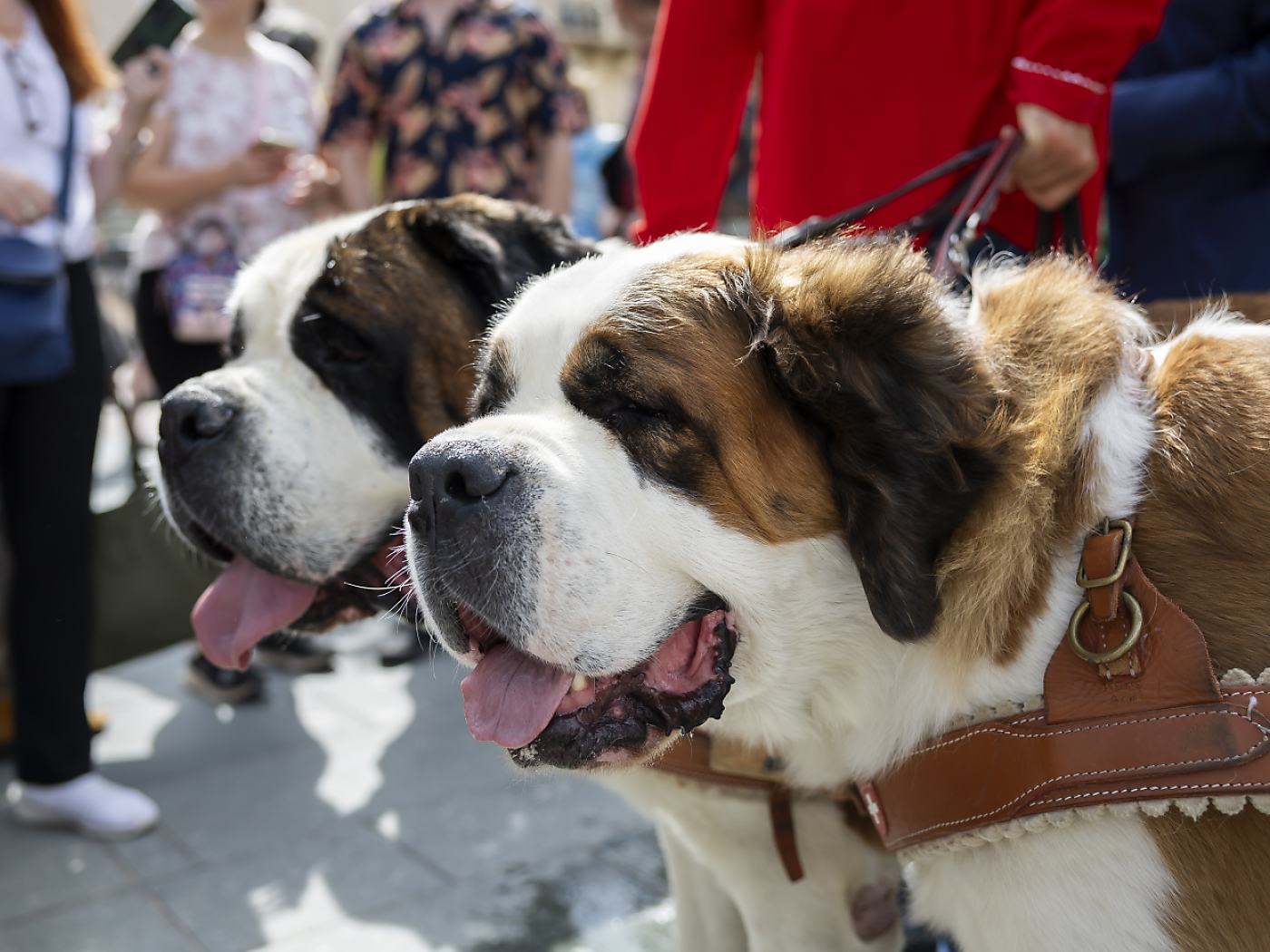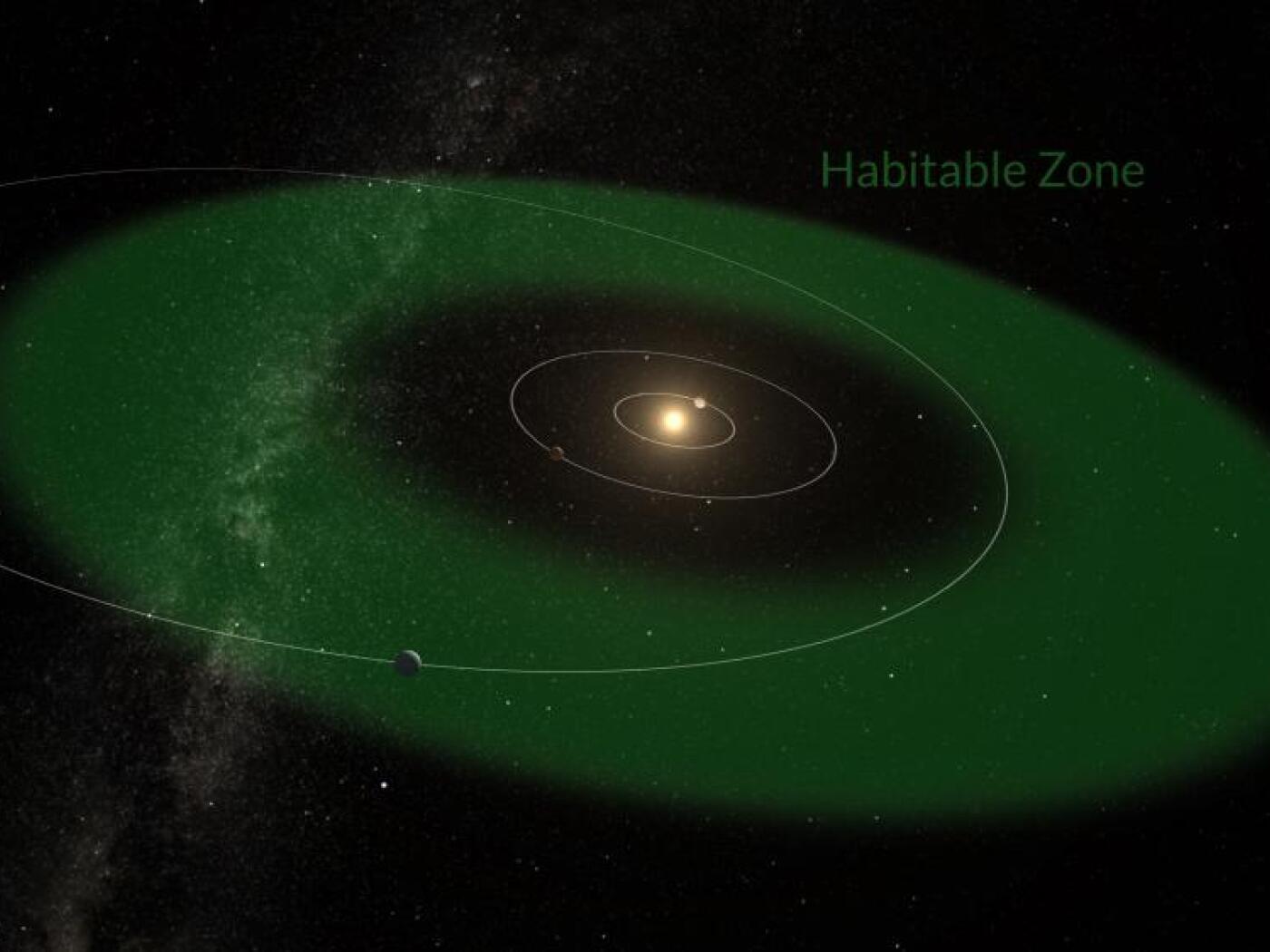Swiss canton carried out 20 of 44 authorised wolf kills

Canton Graubünden in eastern Switzerland had shot 20 wolves by January 31 this year.
The canton originally had wanted to shoot 44 of the at least 90 wolves living in Graubünden by January 31. However, 13 of these culls approved by the Federal Office for the Environment were blocked on December 8 by objections from environmental organisations. This left 31 authorised shoots. Of these, 20 were carried out.
Only six of these kills were carried out in accordance with the hunting regulations, which were relaxed from December 1. Until January 31 these regulations allowed so-called proactive kills, which can also be carried out without damage to livestock caused by packs. Fourteen of the kills were carried out reactively in accordance with the old law after wolves had killed large numbers of sheep and goats.
+ Wolf hunting controls relaxed in Switzerland
The canton was unable to achieve its goal of eradicating four of the 12 wolf packs in Graubünden. Two of these “complete removals” were blocked by objections. In the case of the two other packs, the wolf hunt went badly.
One of these four packs may have disintegrated after only two kills, explained Arno Puorger from the Office for Hunting and Fishing. This was the Beverin pack, which had gained nationwide notoriety following attacks on mother cows.
+ Wolves in Switzerland: more numerous but less deadly in 2023
The canton was pursuing three objectives with the regulation, said Carmelia Maissen, head of the cantonal department of infrastructure, energy and mobility. The aim was to stop the growth of the wolf population, reduce damage to livestock and make the wolves more timid, she said. Only the coming months will show whether these goals have been achieved, she added.
The canton made a considerable effort for the big wolf hunt. Fifty of the 59 gamekeepers in Graubünden were on the prowl, often at night.
+ When it’s legal to shoot the wrong wolf
In addition, 435 hunters were authorised to shoot the large carnivores during the special winter hunt. However, due to the special hunt planning and the objections, these were only a few days. None of the hunters managed to shoot a wolf during these days.
In order to cope with the complex wolf regulations, the canton wants to create five more gamekeeper positions, Maissen explained. The next planned proactive regulation period will be twice as long as the first. It will begin on September 1, 2024, and last until January 31, 2025.
This news story has been written and carefully fact-checked by an external editorial team. At SWI swissinfo.ch we select the most relevant news for an international audience and use automatic translation tools such as DeepL to translate it into English. Providing you with automatically translated news gives us the time to write more in-depth articles. You can find them here.
If you want to know more about how we work, have a look here, and if you have feedback on this news story please write to english@swissinfo.ch.

In compliance with the JTI standards
More: SWI swissinfo.ch certified by the Journalism Trust Initiative


















You can find an overview of ongoing debates with our journalists here . Please join us!
If you want to start a conversation about a topic raised in this article or want to report factual errors, email us at english@swissinfo.ch.